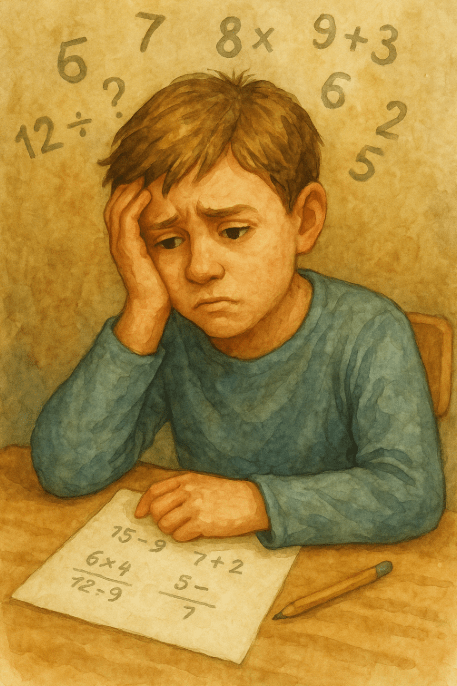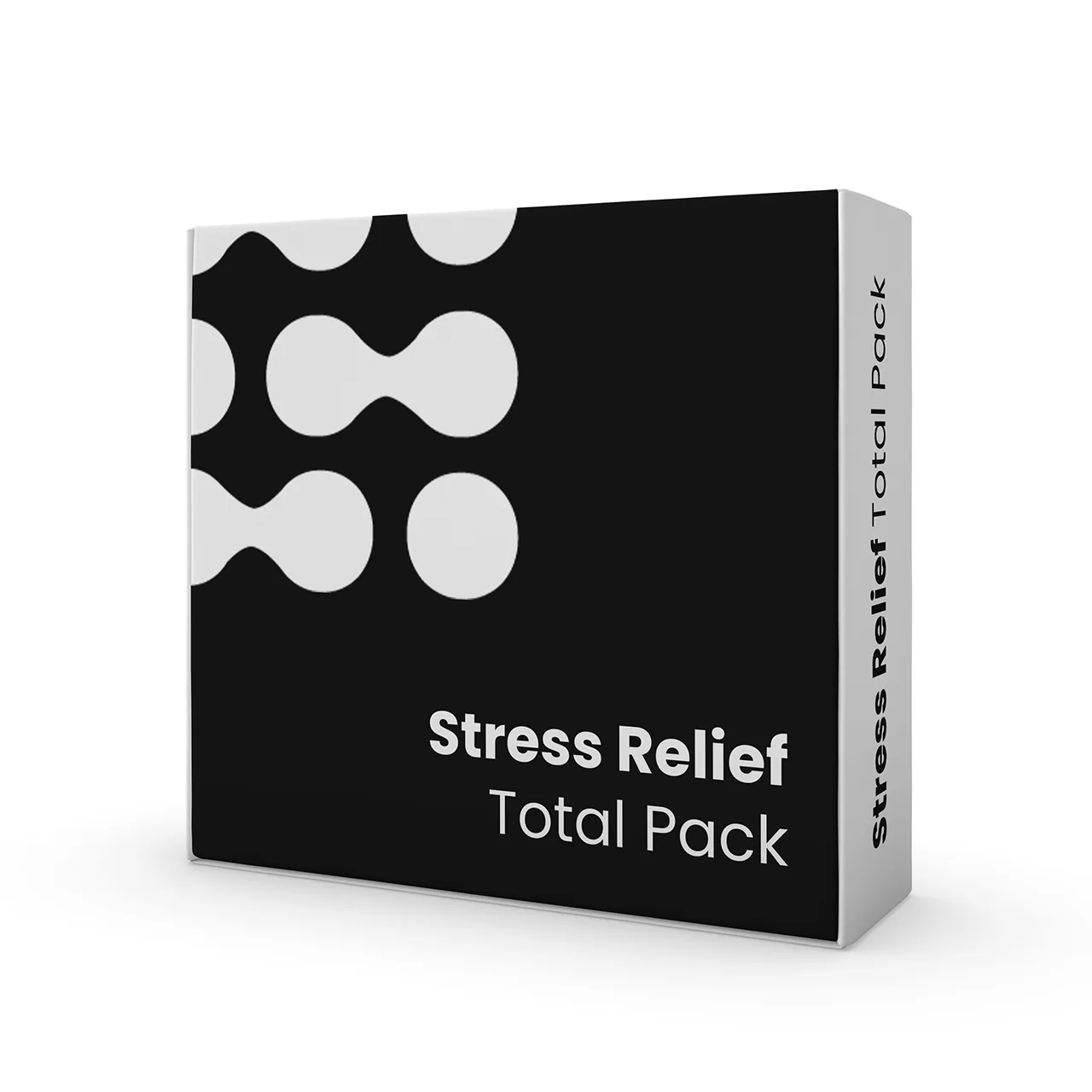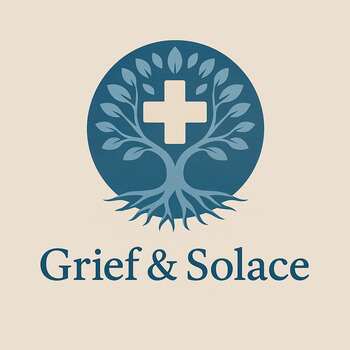Grieving Learning Disabilities: Mourning the Dreams Others Took Away
Grief around learning disabilities is shaped by frustration and heartache, watching someone’s bright mind get overlooked and underestimated.

This post blends real grief with grounded knowledge. It isn’t clinical. It isn’t distant. It’s meant to sit beside you—not above you. The story you’ll read is meant to reflect what so many feel when living through or witnessing this condition: confusion, exhaustion, and quiet forms of courage.
If what you read feels familiar, please speak with your doctor. Your pain deserves more than silence.
He Was Never Broken...Only Misunderstood
He couldn’t stand the sound of pencils. The quiet scratching noise filled the room when everyone else began their worksheets. To him, it wasn’t merely background noise; it was a countdown… a countdown to confusion, to frustration, and to another red X marking a page he never really understood in the first place.
He wasn’t lazy. He wasn’t defiant. He tried. God, he tried. He stayed after class, copied notes twice, and held his breath before submitting his homework, hoping that maybe this time the answers would be correct, even if the numbers on the page suggested otherwise. 12 + 4 = 117. Not because he didn’t know better, but because something in his mind rearranged the information the moment pressure struck.
The teacher assumed he wasn’t paying attention. Other kids laughed. His expression changed. He eventually stopped raising his hand, ceased asking questions, and began to call himself stupid before anyone else could.
🧠 Symptoms:
general:
– Difficulty mastering reading, writing, or math skills
– Problems following instructions or remembering what was said
– Trouble staying organized or completing assignments
– Low frustration tolerance or emotional outbursts during academic tasks
– Declining self-esteem, motivation, or interest in school
reading (dyslexia):
– Trouble identifying sounds in words
– Difficulty linking letters to sounds
– Slow reading speed or trouble understanding what was read
– Frequent spelling errors
– Trouble making inferences or recalling reading details
writing (dysgraphia):
– Poor handwriting or trouble forming letters
– Difficulty expressing ideas clearly in writing
– Trouble with grammar, spelling, punctuation
– Written work may be disorganized or hard to follow
math (dyscalculia):
– Difficulty understanding number relationships
– Struggles with math symbols and rules
– Trouble solving word problems
– Poor spatial organization of numbers or steps
speech_language:
– Trouble understanding or using words
– Difficulty following directions or answering questions
– Issues with articulation or fluency (e.g., stuttering)
– Problems with writing or reading related to language delays
nonverbal:
– Trouble interpreting visual cues, like facial expressions
– Clumsiness or difficulty with physical coordination (dyspraxia)
– Challenges with spatial awareness and fine motor tasks
– Struggles with abstract thinking or understanding sarcasm
– Executive function delays (planning, attention, organization)
We wondered if he was distracted. Perhaps he just needed more sleep, more focus, more discipline. But then the reading delays surfaced. Then the backwards letters. Then the writing…slanted, uneven, and worn down into holes.
Eventually, someone spoke the words: learning disorder, processing delay, dyscalculia, dysgraphia, maybe ADHD, and perhaps more. It felt like a map of all the ways school had never made sense to him.
He didn’t cry when we shared the news. He simply asked, “So I’m not dumb?” And something inside me broke hearing that. How long had he carried that question? How long had he believed that failure was his fault, instead of recognizing the system’s inability to meet him where he was?
We changed everything. New IEP, tutors who didn’t roll their eyes, tools that worked with his brain rather than against it. The numbers began to make sense…not quickly or all at once, but gradually, honestly. Slow progress, real effort, no shame.
Causes:
– Genetic predisposition (family history of learning disorders)
– Prenatal or birth complications (low birth weight, premature birth)
– Exposure to substances (alcohol, drugs, lead)
– Emotional trauma in early childhood
– Neurological conditions or head injuries
Along the way, we discovered the things he excelled at: his voice, his kindness, his art, and his unique ability to explain things in ways that no adult had ever considered. He didn’t need fixing; he needed translating. Once the world began to listen to his language, he started to bloom.
Not every test came back perfect, but each day he stood a little taller.
The problem was never in how he thought; it was in how long he had been expected to think like someone else.
Risk Factors:
– Family history of learning difficulties or ADHD
– Exposure to toxins (e.g., lead)
– Prematurity or low birth weight
– Childhood trauma or neglect
– Co-occurring conditions like ADHD or anxiety
📘 Diagnosis & Treatment
diagnosis:
– Multidisciplinary evaluation involving:
– Educational testing
– Psychological assessments
– Occupational or speech/language evaluations
– Comparison of academic performance with age and cognitive expectations
– Rule out vision, hearing, or physical health issues
treatment:
educational_support:
– Individualized Education Program (IEP)
– 504 accommodations (extended time, quiet test space, audiobooks)
– Reading/math/language specialists or tutors
– Assistive technology (text-to-speech software, calculators)
therapy:
– Occupational therapy (fine motor, handwriting, coordination)
– Speech-language therapy (communication and comprehension)
– Behavioral therapy for emotional regulation and task initiation
medication:
– Not used for learning disorders directly
– May help with co-occurring conditions (e.g., ADHD, anxiety)
complementary_support:
– Confidence-building through hobbies and strengths
– Clear routines, visual schedules, emotional support
– Mental health counseling if needed
I know this is heavy, and I understand that the road ahead may feel like a tangle of loss and unanswered questions. But please hear this: you are not broken because you are hurting; you are not weak because you are afraid. You are living through something real, and survival itself is a kind of grace. You are allowed to struggle, you are allowed to hope, and you are allowed to not have all the answers today. Whatever comes next, you do not face it empty-handed; you carry every moment of love that shaped you, and that will always be enough to keep going.
🎀 Gifts to help With Learning Disabilities
🏥 Everyday Comforts for Everyday Battles
Managing Learning Disabilities often means needing a little extra help.
Sometimes it’s about restoring dignity, ease, or simply getting through the day with less pain.
These carefully chosen tools aren’t just items; they’re small bridges back to living.
This section is about finding practical support, never shame.
Distraction-Free Weighted Lap Pad – Stillness for the Brain That Can’t Sit Still
Learning disorders like dyslexia, dyscalculia, or ADHD make focus a battlefield. This weighted lap pad offers calming pressure to help ground the body and settle the nervous system—especially during reading, homework, or therapy. It’s subtle, quiet, and easy to take anywhere. Not a fix. Just a layer of peace in the chaos of comprehension.
🌿 Paths to Healing Beyond the Map
Sometimes traditional medicine isn’t enough.
If you’re exploring gentle, alternative options to help with Learning Disabilities,
you might find comfort in plant-based compounds like **CBD or CBG**.
*This section is not medical advice, just a door left open.*
USA Medical Focus + Stress Support Pack – Calm for the Brain That’s Always Overcorrecting
Trying harder doesn’t rewire a brain—it just exhausts it. This Focus Pack blends CBD with concentration-supporting botanicals and stress adaptogens to help ease mental fatigue, reduce anxiety, and support smoother cognition. It won’t rewrite the learning style. But it may help the mind stop fighting itself.
Need a Different Path Forward?
Every journey through grief looks different. Choose the next step that speaks to where you are now:
When You're Ready to Start Healing
Healing doesn’t mean forgetting.
It means finding small ways to carry your grief with strength and grace.
These are the stories, tools, and gentle steps to begin walking forward…at your own pace.
When You're Still in the Thick of It
Sometimes healing feels like a lie.
If you’re not ready to move on…if the pain still roars louder than the world wants to hear…this is the place where you’re allowed to feel it.
No sugarcoating. No pretending. Just truth.
When You're Holding on to Who’s Still Here
Grief reminds us to love louder.
If someone you love is still with you, this is your place to celebrate them, honor them, and create new memories while there’s still time.
Joy and sorrow can live side by side.






